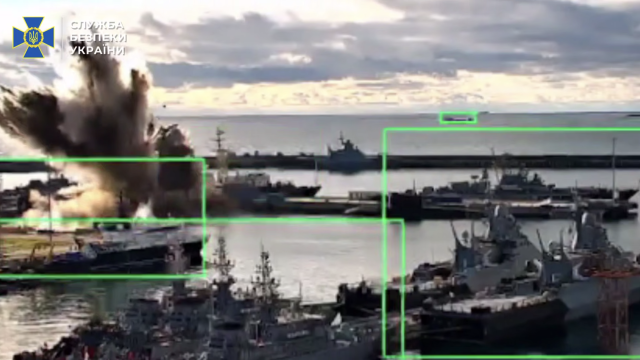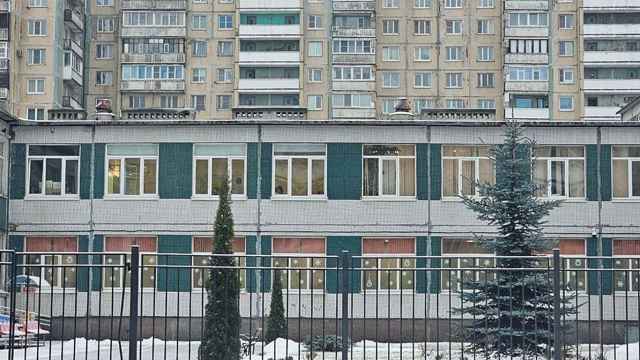Russia and Qatar need to coordinate their actions on gas markets amid volatile prices for crude oil and gas, according to materials distributed Wednesday by the Kremlin.
President Dmitry Medvedev met with Sheikh Hamad bin Khalifa al-Thani, Qatar's emir, to discuss economic and regional ties. The countries together hold more than a third of the world's gas reserves and are members of the Gas Exporting Countries Forum, which seeks to promote the interests of producers of the fuel.
"We are interested in developing economic cooperation between Russia and Qatar," al-Thani said at the meeting.
Gazprom is considering investment projects with Qatar Petroleum and cooperation on European and Asia-Pacific markets, the gas exporter said in a statement after a meeting between chief executive Alexei Miller and al-Thani.
Gazprom's share of gas exports to Europe has fallen as suppliers including Norway and Qatar offer more flexible terms at a time of current oversupply.
Qatar expressed an interest in building a liquefied natural gas plant on the Yamal Peninsula in the Arctic jointly with Novatek, Russia's second-biggest gas producer, the Kremlin said. In July, Qatar invited Gazprom EP International to take part in a tender for oil and gas projects in Qatar, it said.
VTB planned to sign a memorandum of understanding with Qatar Holding, as the two countries target creation of joint investment banks and funds, the Kremlin said Tuesday.
Prime Minister Vladimir Putin said his country would support the holding of a GECF summit meeting in Qatar later this month, Itar-Tass reported Tuesday, citing a Moscow meeting Putin had with al-Thani.
"We are ready to support your initiative," Putin said, the news agency reported.
A Message from The Moscow Times:
Dear readers,
We are facing unprecedented challenges. Russia's Prosecutor General's Office has designated The Moscow Times as an "undesirable" organization, criminalizing our work and putting our staff at risk of prosecution. This follows our earlier unjust labeling as a "foreign agent."
These actions are direct attempts to silence independent journalism in Russia. The authorities claim our work "discredits the decisions of the Russian leadership." We see things differently: we strive to provide accurate, unbiased reporting on Russia.
We, the journalists of The Moscow Times, refuse to be silenced. But to continue our work, we need your help.
Your support, no matter how small, makes a world of difference. If you can, please support us monthly starting from just $2. It's quick to set up, and every contribution makes a significant impact.
By supporting The Moscow Times, you're defending open, independent journalism in the face of repression. Thank you for standing with us.
Remind me later.





